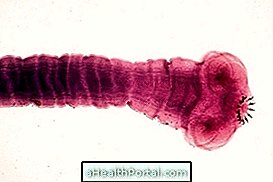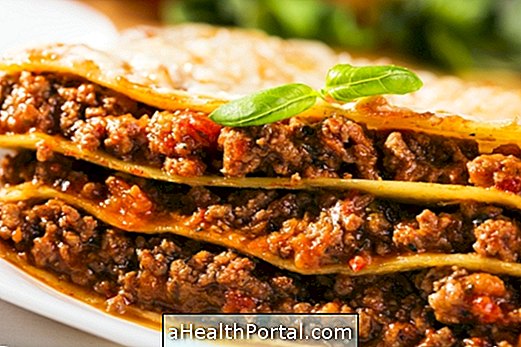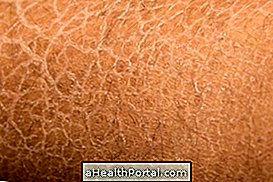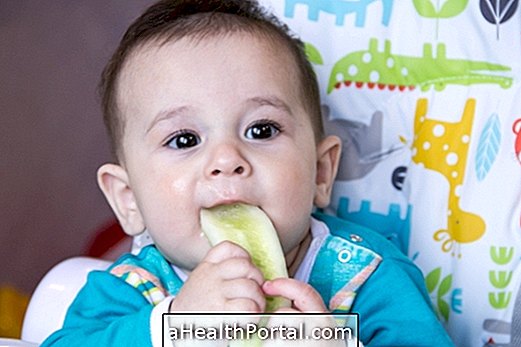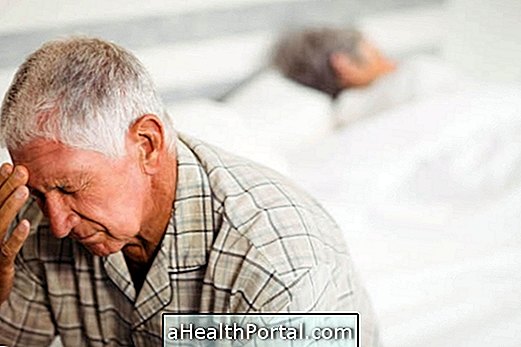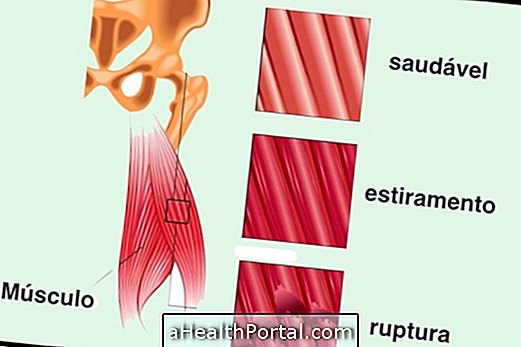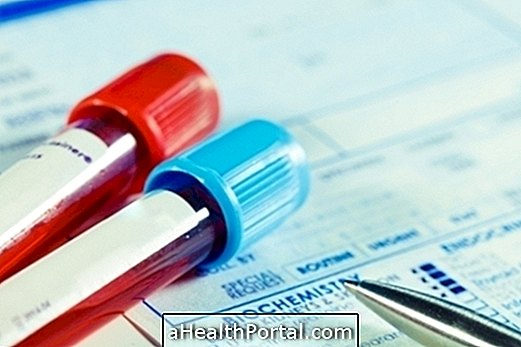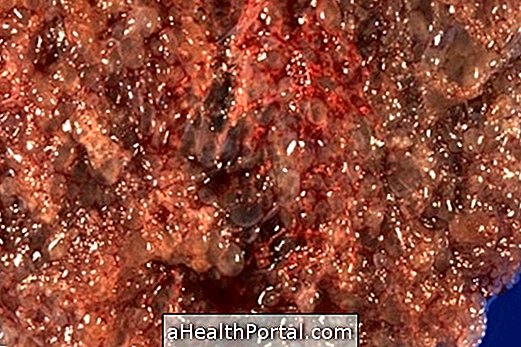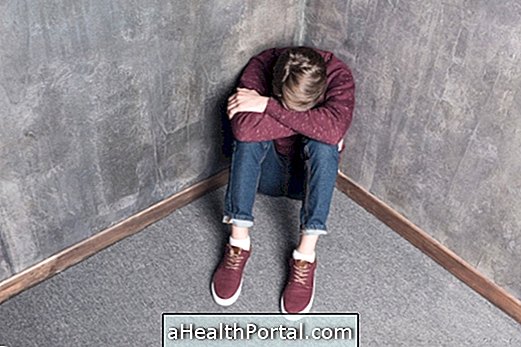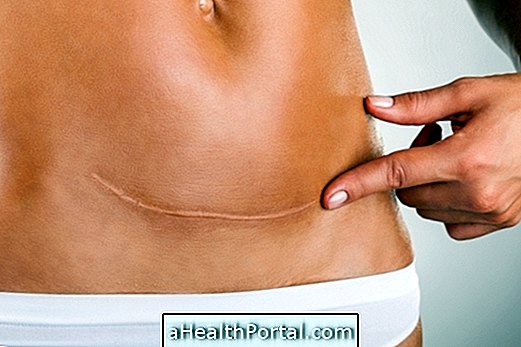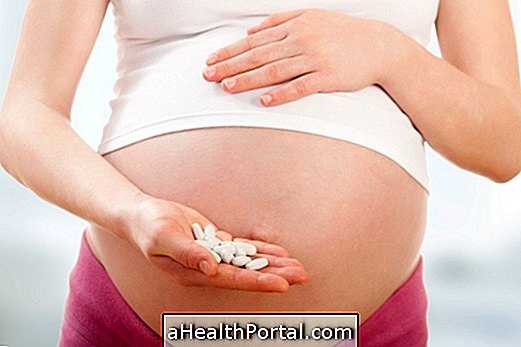Several vaccines against COVID-19 are being studied and developed worldwide to try to combat the pandemic caused by the new coronavirus. So far, only the Pfizer vaccine has been approved by the WHO, but many others are in the process of being evaluated.
The 6 vaccines that have shown the most promising results are:
- Pfizer and BioNTech (BNT162): the North American and German vaccines were 90% effective in phase 3 studies;
- Modern (mRNA-1273): the North American vaccine was 94.5% effective in phase 3 studies;
- Gamaleya Research Institute (Sputnik V): the Russian vaccine was 91.6% effective against COVID-19;
- AstraZeneca and University of Oxford (AZD1222): the English vaccine is in phase 3 studies and in a first phase it showed 70.4% efficacy;
- Sinovac (Coronavac): the Chinese vaccine developed in partnership with the Butantan Institute demonstrated an efficacy rate of 78% for mild cases and 100% for moderate and severe infections;
- Johnson & Johnson (JNJ-78436735): according to the first results, the North American vaccine appears to have efficacy rates ranging from 66 to 85%, with this rate varying according to the country where it is applied.
In addition to these, other vaccines such as NVX-CoV2373, from Novavax, Ad5-nCoV, from CanSino or Covaxin, from Bharat Biotech, are also in phase 3 of study, but still do not have published results.
Dr. Esper Kallas, infectious disease and Full Professor in the Department of Infectious and Parasitic Diseases at FMUSP clarifies the main doubts regarding vaccination:
/vacina-covid-19-como-funciona-eficcia-e-efeitos-colaterais.jpg)
How COVID-19 Vaccines Work
Vaccines against COVID-19 have been developed based on 3 types of technology:
- Genetic technology of messenger RNA: it is a technology most used in the production of vaccines for animals and that makes healthy cells in the body produce the same protein that the coronavirus uses to enter cells. In doing so, the immune system is forced to produce antibodies that, during an infection, can neutralize the protein of the true coronavirus and prevent the infection from developing. This is the technology being used in vaccines from Pfizer and Moderna;
- Use of modified adenoviruses: consists of using adenoviruses, which are harmless to the human body, and genetically modifying them so that they act in a similar way to the coronavirus, but without risk to health. This causes the immune system to train and produce antibodies capable of eliminating the virus in the event of infection. This is the technology behind vaccines from Astrazeneca, Sputnik V and the vaccine from Johnson & Johnson;
- Use of inactivated coronavirus: an inactivated form of the new coronavirus is used which does not cause infection or health problems, but which allows the body to produce the antibodies necessary to fight the virus.
All of these ways of functioning are theoretically effective and already work in the production of vaccines for other diseases.
Check out the most common questions about the COVID-19 vaccine.
How is the vaccine's effectiveness calculated?
The rate of effectiveness of each vaccine is calculated based on the number of people who developed the infection and who were actually vaccinated, compared to those who were not vaccinated and who received a placebo.
For example, in the case of the Pfizer vaccine, 44,000 people were studied and, of that group, only 94 ended up developing COVID-19. Of those 94, 9 were people who had been vaccinated, while the remaining 85 were people who had received the placebo and therefore did not receive the vaccine. According to these figures, the effectiveness rate is approximately 90%.
Better understand what a placebo is and what it is for.
Is the vaccine effective against new variants of the virus?
According to a study with the vaccine from Pfizer and BioNTech [3], antibodies stimulated by the vaccine have been shown to remain effective against new variants of the coronavirus, both the mutation in the United Kingdom and South Africa.
In addition, the study also points out that the vaccine should remain effective for another 15 possible mutations of the virus.
How vaccination is being carried out
The way vaccination is being carried out and distributed by the population varies between countries. Thus, to find out who has priority at the time of vaccination, it is important to observe the vaccination plan established by the Ministry of Health:
Vaccination plan in Brazil
In the plan initially released by the Ministry of Health [1], vaccination would be divided into 4 phases to reach the main priority groups, however, new updates show that vaccination can be carried out in 3 priority phases:
- 1st phase: health workers, people over 75, indigenous population and people over 60 who live in institutions will be vaccinated;
- 2nd phase: people over 60 years old will be vaccinated;
- 3rd phase: people with other diseases will be vaccinated that increase the risk of serious infection by COVID-19, such as diabetes, hypertension, kidney disease, among others;
After the main risk groups have been vaccinated, vaccination against COVID-19 will be made available to the rest of the population.
The vaccines approved for emergency use by Anvisa are Coronavac, produced by Instituto Butantan in partnership with Sinovac, and the vaccine produced by the laboratory AstraZeneca in partnership with Fiocruz.
Vaccination plan in Portugal
The vaccination plan in Portugal [2] is divided into 3 vaccination phases:
- 1st phase: health professionals, employees of nursing homes and care units, professionals from the armed forces, security forces and people over 50 and with other associated diseases;
- 2nd phase: people over 65;
- 3rd phase: remaining population.
Vaccines will be distributed free of charge at health centers and vaccination posts in the NHS.
How to know if you are part of a risk group
To find out if you belong to a group at increased risk of developing serious COVID-19 complications, take this online test:
- 1
- 2
- 3
- 4
- 5
- 6
- 7
- 8
- 9
- 10
Start the test
/vacina-covid-19-como-funciona-eficcia-e-efeitos-colaterais_2.jpg)
/vacina-covid-19-como-funciona-eficcia-e-efeitos-colaterais_3.jpeg')
Sex:
- Male
- Feminine
/vacina-covid-19-como-funciona-eficcia-e-efeitos-colaterais_4.jpeg')
Age:
Next
/vacina-covid-19-como-funciona-eficcia-e-efeitos-colaterais_5.jpg)
Weight:
Next
/vacina-covid-19-como-funciona-eficcia-e-efeitos-colaterais_6.jpg)
Height:
In meters.
Next/vacina-covid-19-como-funciona-eficcia-e-efeitos-colaterais_7.jpg)
Do you have any chronic illness?
- No
- Diabetes
- Hypertension
- Cancer
- Heart disease
- Other
/vacina-covid-19-como-funciona-eficcia-e-efeitos-colaterais_8.jpg)
Do you have a disease that affects the immune system?
- No
- Lupus
- Multiple sclerosis
- Sickle Cell Anemia
- HIV / AIDS
- Other
/vacina-covid-19-como-funciona-eficcia-e-efeitos-colaterais_9.jpg)
Do you have Down syndrome?
- Yea
- No
Are you a smoker?
- Yea
- No
/vacina-covid-19-como-funciona-eficcia-e-efeitos-colaterais_10.jpg)
Did you have a transplant?
- Yea
- No
/vacina-covid-19-como-funciona-eficcia-e-efeitos-colaterais_11.jpg)
Do you use prescription drugs?
- No
- Corticosteroids, such as Prednisolone
- Immunosuppressants, such as Cyclosporine
- Other
It is important to remember that this test indicates the potential risk of developing serious complications if you are infected with COVID-19 and not the risk of getting the disease. This is because the risk of catching the disease does not increase due to personal health history, being only related to daily habits, such as not maintaining social distance, not washing your hands or using an individual protection mask.
Check out everything you can do to lower your risk of getting COVID-19.
Who has had COVID-19 can get the vaccine?
The guideline is that all people can be vaccinated safely, whether or not they have had a previous COVID-19 infection. Although studies indicate that after infection the body develops natural defenses against the virus for at least 90 days, other studies also indicate that the immunity conferred by the vaccine is up to 3 times greater.
Complete immunity from the vaccine is only considered active after all doses of the vaccine are administered.
In any case, having had the vaccination or having had a previous infection with COVID-19, it is recommended to continue to adopt individual protection measures, such as wearing a mask, frequent hand washing and social distance.
Possible side effects
The possible side effects of all vaccines being produced against COVID-19 are not yet known. However, according to studies with vaccines produced by Pfizer-BioNTech and the Moderna laboratory, these effects appear to include:
- Pain at the injection site;
- Excessive tiredness;
- Headache;
- Dos muscular;
- Fever and chills;
- Joint pain.
These side effects are similar to many other vaccines, including the common flu vaccine, for example.
As the number of people increases, more serious adverse reactions, such as anaphylactic reactions, are expected to appear, especially in people who are more sensitive to some components of the formula.
Who should not get the vaccine
The vaccine against COVID-19 should not be administered to people with a history of severe allergic reactions to any of the components of the vaccine. In addition, vaccination should also only be carried out after a doctor has evaluated it in the case of children under the age of 16, pregnant women and breastfeeding women.
Patients using immunosuppressants or those with autoimmune diseases should also be vaccinated only under the supervision of the treating physician.
Test your knowledge
Test your knowledge of the COVID-19 vaccine and stay on top of an explanation of some of the most common myths:
- 1
- 2
- 3
- 4
- 5
- 6
COVID-19 vaccine: test your knowledge!
Start the test
/vacina-covid-19-como-funciona-eficcia-e-efeitos-colaterais_12.jpg)
/vacina-covid-19-como-funciona-eficcia-e-efeitos-colaterais_13.jpg)
The vaccine was developed very fast, so it cannot be safe.
- Real. The vaccine was developed very fast and not all side effects are known yet.
- False.The vaccine was developed quickly but has undergone several rigorous tests, which guarantee its safety.
/vacina-covid-19-como-funciona-eficcia-e-efeitos-colaterais_14.jpg)
The vaccine is at high risk of causing serious complications, such as autism or infertility.
- Real. There are several reports of people who developed serious complications after taking the vaccine.
- False. In most cases, the vaccine causes only mild side effects, such as pain at the injection site, fever, tiredness and muscle pain, which disappear in a few days.
/vacina-covid-19-como-funciona-eficcia-e-efeitos-colaterais_15.jpg)
Anyone who has had COVID-19 also needs to get the vaccine.
- Real. Vaccination against COVID-19 must be carried out by all people, even those who have already had the infection.
- False. Anyone who has had COVID-19 is immune to the virus and does not need to get the vaccine.
/vacina-covid-19-como-funciona-eficcia-e-efeitos-colaterais_16.jpg)
The annual common flu vaccine does not protect against COVID-19.
- Real. The annual flu vaccine only protects against the influenza-like virus.
- False. The flu vaccine protects against several types of viruses, including the new coronavirus.
/vacina-covid-19-como-funciona-eficcia-e-efeitos-colaterais_17.jpg)
Those who get the vaccine no longer need to take other precautions, such as washing their hands or wearing a mask.
- Real. From the moment the vaccination is carried out, there is no risk of catching the disease, nor of transmitting it, without the need for any additional care.
- False. The protection afforded by the vaccine takes a few days to appear after the last dose. In addition, maintaining care helps to avoid transmitting the virus to others who have not yet been vaccinated.
/vacina-covid-19-como-funciona-eficcia-e-efeitos-colaterais_18.jpg)
The COVID-19 vaccine can cause infection after it is administered.
- Real. Some vaccines against COVID-19 contain small fragments of the virus that can end up causing the infection, especially in people with weakened immune systems.
- False. Even vaccines that use fragments of the virus, use an inactivated form that is not able to cause any type of infection in the body.
Was this information helpful?
Yes No
Your opinion is important! Write here how we can improve our text:
Any questions? Click here to be answered.
Email in which you want to receive a reply:
Check the confirmation email we sent you.
Your name:
Reason for visit:
--- Choose your reason --- DiseaseLive betterHelp another personGain knowledge
Are you a health professional?
NoMedicalPharmaceuticalsNurseNutritionistBiomedicalPhysiotherapistBeauticianOther
Bibliography
- STRATEGIC PLAN FOR LA VACUNACIÓN AGAINST LA COVID-19 IN THE ARGENTINE REPUBLIC. 2020. Available at:. Accessed on 25 Jan 2021
- WHO. Coronavirus disease (COVID-19): Vaccines. Available in: . Accessed on 03 Dec 2020
- CDC. Frequently Asked Questions about COVID-19 Vaccination. Available in: . Accessed on 03 Dec 2020
- ANVISA. Anvisa defines requirements for emergency vaccine use orders. Available in: . Accessed on 03 Dec 2020
- MINISTRY OF HEALTH. National Plan for Operationalization of Vaccination against COVID-19. 2020. Available at:. Accessed on Dec 15, 2020
- NATIONAL HEALTH SYSTEM. COVID-19 Vaccination Plan. 2020. Available at:. Accessed on Dec 15, 2020
- AMERICAN ASSOCIATION OF RETIRED PERSONS. What Are the Side Effects of COVID-19 Vaccines?. Available in: . Accessed on 21 Dec 2020
- XIE, Xuping et al .. Neutralization of N501Y mutant SARS-CoV-2 by BNT162b2 vaccine-elicited sera. 2021
- MBAEYI, Sarah. Use of Pfizer-BioNTech COVID-19 Vaccine: Clinical Considerations. 2020. Available at:.
- SNS24. COVID-19 vaccine. Available in: . Accessed on 19 Jan 2021
- WHO. Status of COVID-19 Vaccines within WHO EUL / PQ evaluation process. 2021. Available at:. Accessed on 27 Jan 2021
- JOHNSON & JOHNSON. Johnson & Johnson Announces Single-Shot Janssen COVID-19 Vaccine Candidate Met Primary Endpoints in Interim Analysis of its Phase 3 ENSEMBLE Trial. Available in: . Accessed on 01 Feb 2021
- JONES, IAN; ROY, POLLY. Sputnik V COVID-19 vaccine candidate appears safe and effective. 2021. Available at:. Accessed on 03 Feb 2021
Referring to: "Risk of serious COVID-19 infection":
- CDC. People with Certain Medical Conditions. Link: //www.cdc.gov/coronavirus/2019-ncov/need-extra-precautions/people-with-medical-conditions.html. Accessed on 19 Jan 2021
/vacina-covid-19-como-funciona-eficcia-e-efeitos-colaterais.jpg)
/como--feito-o-tratamento-para-coronavrus-(covid-19).jpg)
/16-dvidas-sobre-a-vacina-do-coronavrus-(covid-19).jpg)

